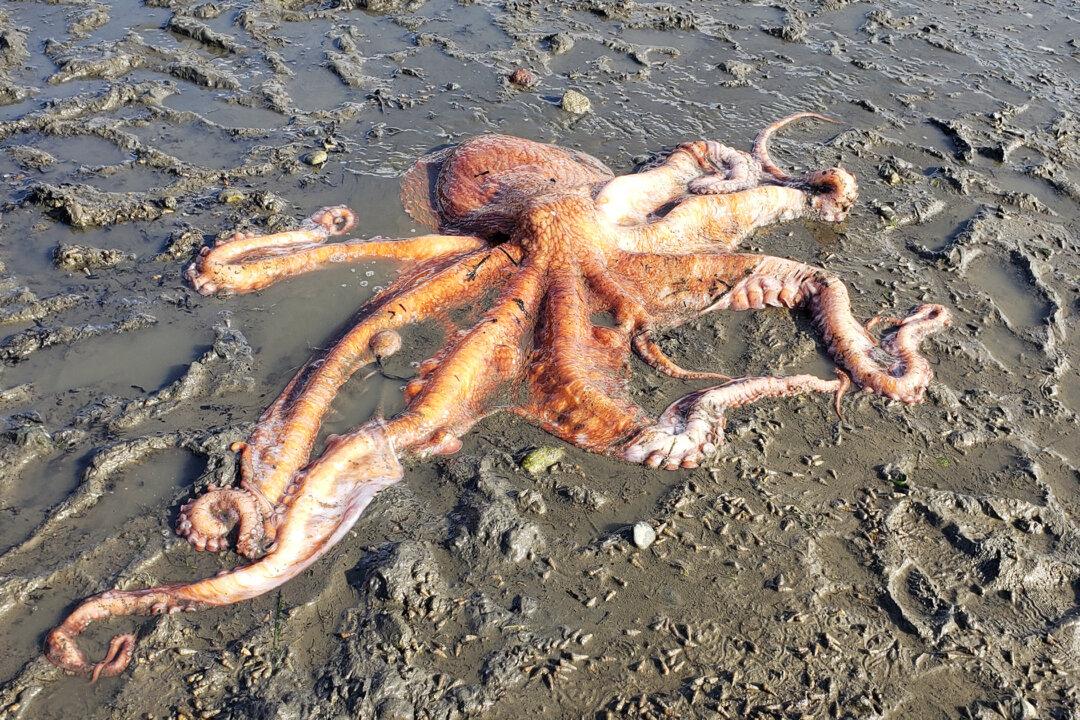Animal-rights groups are proposing an octopus farming ban in California, claiming the tentacled creatures have complex mental ability and enrichment needs that can’t be met in large-scale breeding environments.
Organizations sponsoring the legislation say the animals, known for their rounded bodies, bulging eyes, and long tentacles covered in suction cups, can learn new skills, navigate complex mazes, are escape artists, and use tools.





